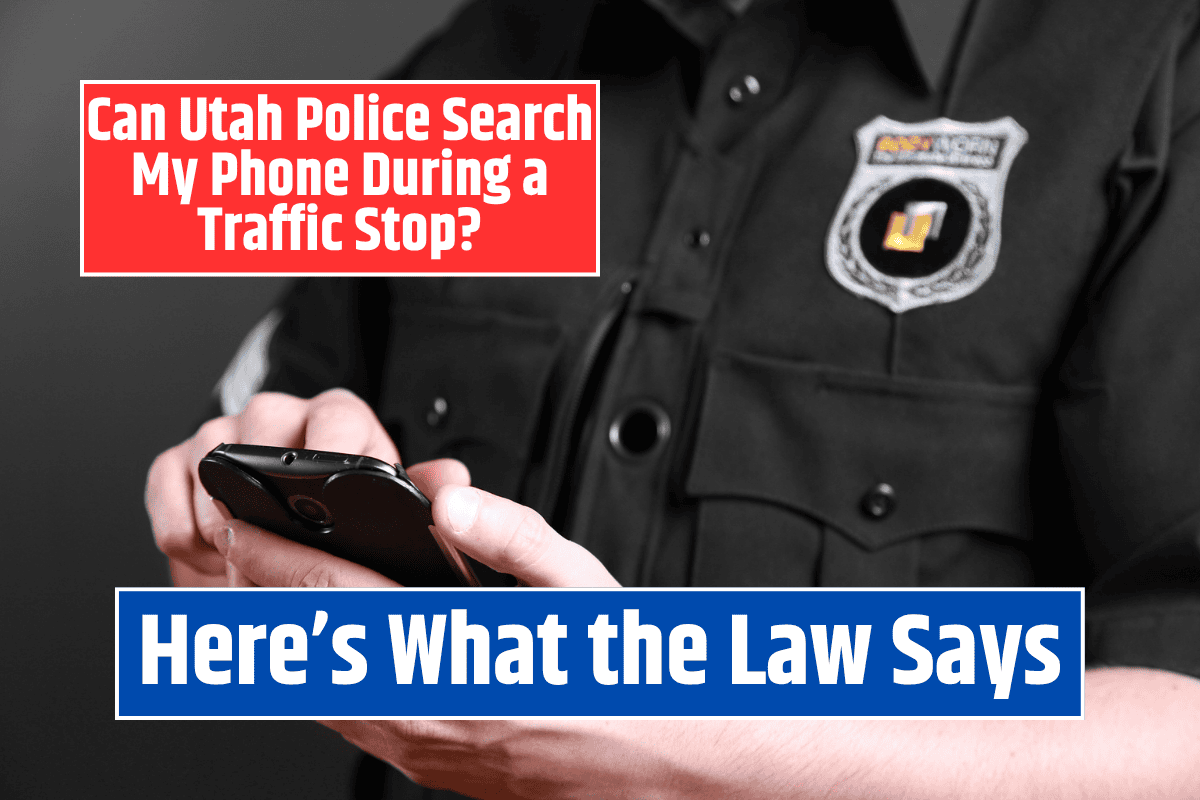In Utah, police cannot search your phone during a traffic stop without a valid search warrant. The state’s Electronic Information or Data Privacy Act, passed in 2019, explicitly prevents law enforcement from accessing personal data on electronic devices, including cell phones, without a warrant.
However, there are a few exceptions to this rule where police can search your phone without a warrant:
Emergency Situations: If law enforcement believes there’s an emergency and they need your phone’s location to assist you, they can access it without a warrant.
Stolen Phones: If your phone has been reported stolen, the police can access it without a warrant.
Consent: If you give the police explicit permission to search your phone, they can do so without a warrant.
Public Disclosure: If you have publicly shared information (such as your location) that’s on your phone, police may access it without a warrant.
Judicial Exceptions: There are certain judicially recognized exceptions that allow law enforcement to search your phone without a warrant.
If the police seize your phone but do not follow these rules, any evidence they gather may be inadmissible in court. If the search is unlawful, criminal defense attorneys in Utah can help prevent the illegally obtained evidence from being used in a case against you.
To get a warrant to search your phone, the police must establish probable cause—reasonable grounds to believe a crime was committed and that evidence related to that crime is on your phone. If the warrant lacks sufficient probable cause, or if the search is conducted improperly, it can be challenged in court.
If you believe your phone was searched unlawfully, a criminal defense lawyer can help you fight to suppress any evidence found in violation of your rights.












